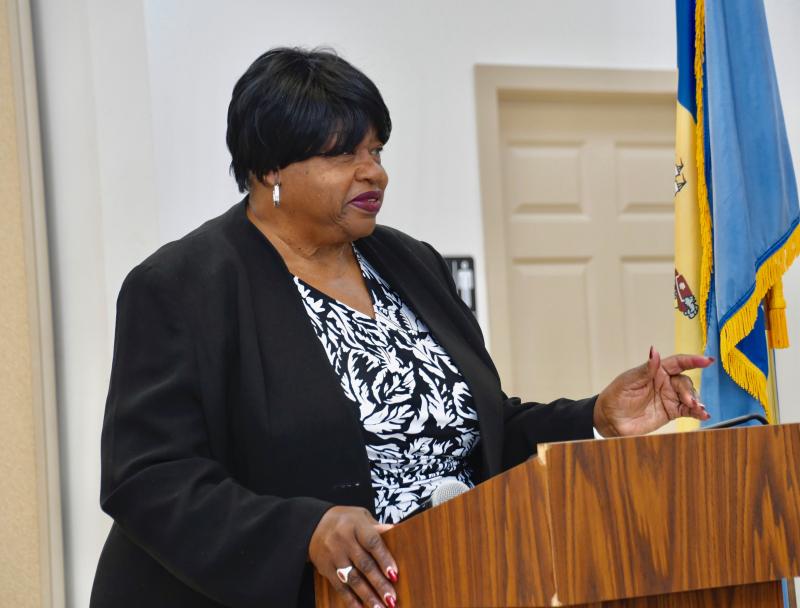Spreading the news about earned income tax credit

Sen. Tom Carper, D-Delaware, calls the earned income tax credit program one of the smartest things ever done to the United States tax system.
“Yet, not everyone who is eligible knows about it,” he said during a Jan. 12 visit to First State Community Action Agency in Georgetown.
Carper was joined by Bernice Edwards, First State executive director, and Sarah Cha Cha Carter of United Way to spread the message about the tax credit and programs helping low-income Sussex County residents.
The tax credit gives low- to moderate-income families a tax break to use the credit to reduce taxes and possibly increase the amount of a refund.
The maximum amounts increase dramatically for families with children: $600 without children; $3,995 with one child; $6,604 with two children; and $7,430 with three or more children.
Carper said several groups by and large don't take advantage of the tax credit, including veterans, grandparents raising children, people in rural areas and modest-income workers who have a marital change.
The senator said those who qualify must file a return even if they owe no taxes.
Edwards said one of the many programs offered by First State is tax preparation at no cost for those who qualify. She said more than 665 returns were prepared last year that qualified for the earned income tax credit.
Poverty awareness
It's also Poverty in America Awareness Month. Edwards said First State is Delaware’s anti-poverty agency.
“Our mission is to help low-income people become self-sufficient. But it takes all of us to lift people out of poverty,” she said.
The poverty rate in 2022 in Delaware was 9.4%, which is a decrease from previous years. In Sussex County, the rate is 12%.
The U.S. government sets the poverty line at $23,000 per year earned by a single parent with two children.
Edwards said training, transportation and finding affordable housing are the three major factors contributing to poverty in Sussex County.
Last year, First State provided workforce development programs including education and training to 1,225 families and helped 127 families get homes. The agency also sponsors a culinary arts program to train people in the hospitality industry.
Carper said the nation's unemployment rate at 3.7% is the lowest in 50 years. He said the solution to lowering that number is better ways to connect people with available jobs, with more training and better transportation options.
He said there are currently 2 million unfilled jobs.
Stand By Me
Carter, program manager and coach for the United Way of Delaware Stand By Me program, said 7,200 clients took part in the financial empowerment program in 2023, with 34% living below and 20% just above the poverty threshold.
“We provide coaching, and our clients have increased their credit scores by an average of 104% and saved an average of $4,200. We get to teach skills to help people fit into the world,” she said.
Professional coaches provide free and private training to help people reach their financial goals, and manage their income and expenses to make smart financial decisions.
Since the program started in 2011, 84% of the clients have improved their credit, 77% have increased their savings and 73% have reduced their debt.
In addition, more than half of the clients have reached their goals of purchasing a home (1,040 so far) or a vehicle (942 so far).
She said the program is partnering with First State Community Action Agency.
Carter can relate to those who are struggling with their finances.
“I grew up in poverty and was taken away from my mother for not going to school,” she said.
She was adopted and graduated from Cape Henlopen High School.
“I had a lot of help from nonprofits and family members in Delaware,” she said.
For more information, go to irs.gov/credits-deductions/individuals/earned-income-tax-credit/use-the-eitc-assistant.





















































